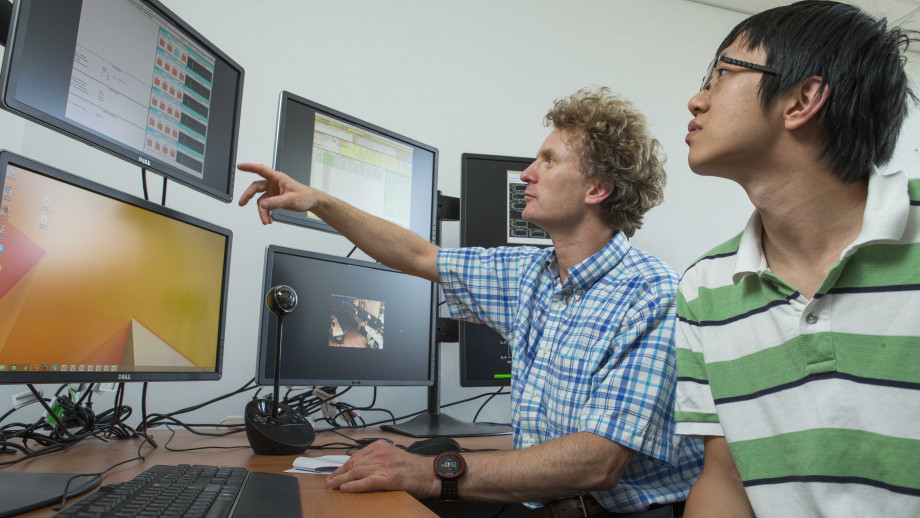Prestigious fellowship to solve burning issues in fusion energy
An ANU physicist has been enlisted into an international network of scientists working to build a sustainable future with fusion energy.
Associate Professor Matthew Hole from the ANU Research School of Physics and Engineering has been made a Science Fellow at ITER, the world's largest fusion experiment, which is under construction in the South of France.
It is the only such appointment to a scientist outside the ITER member nations, the European Union, Japan, United States, Russia, South Korea, China and India.
"It's great recognition for Australian expertise," said Associate Professor Hole.
"It's a promising pathway for Australia to engage and participate in research into a long-term solution to anthropogenic climate change."
Fusion is seen by energy experts as the holy grail of energy production, and if realised on Earth, could supply base load power with no intrinsic greenhouse gas emissions.
Director of the Research School of Physics and Engineering, Professor Tim Senden, said the accolade consolidated the reputation of ANU as Australia's leader in fusion science.
"Our research is a significant part of a global network," he said.
ITER Director-General Bernard Bigot said he looked forward to a productive collaboration with ANU.
"I would like to express my thanks for your support for this initiative and for the ITER project's research and development activities," he said.
Associate Professor Hole is one of only 17 ITER Science Fellows from across the globe, who will work on key research issues, collaborating not only with international scientists, but drawing in the Australian science community to tackle these challenge.

